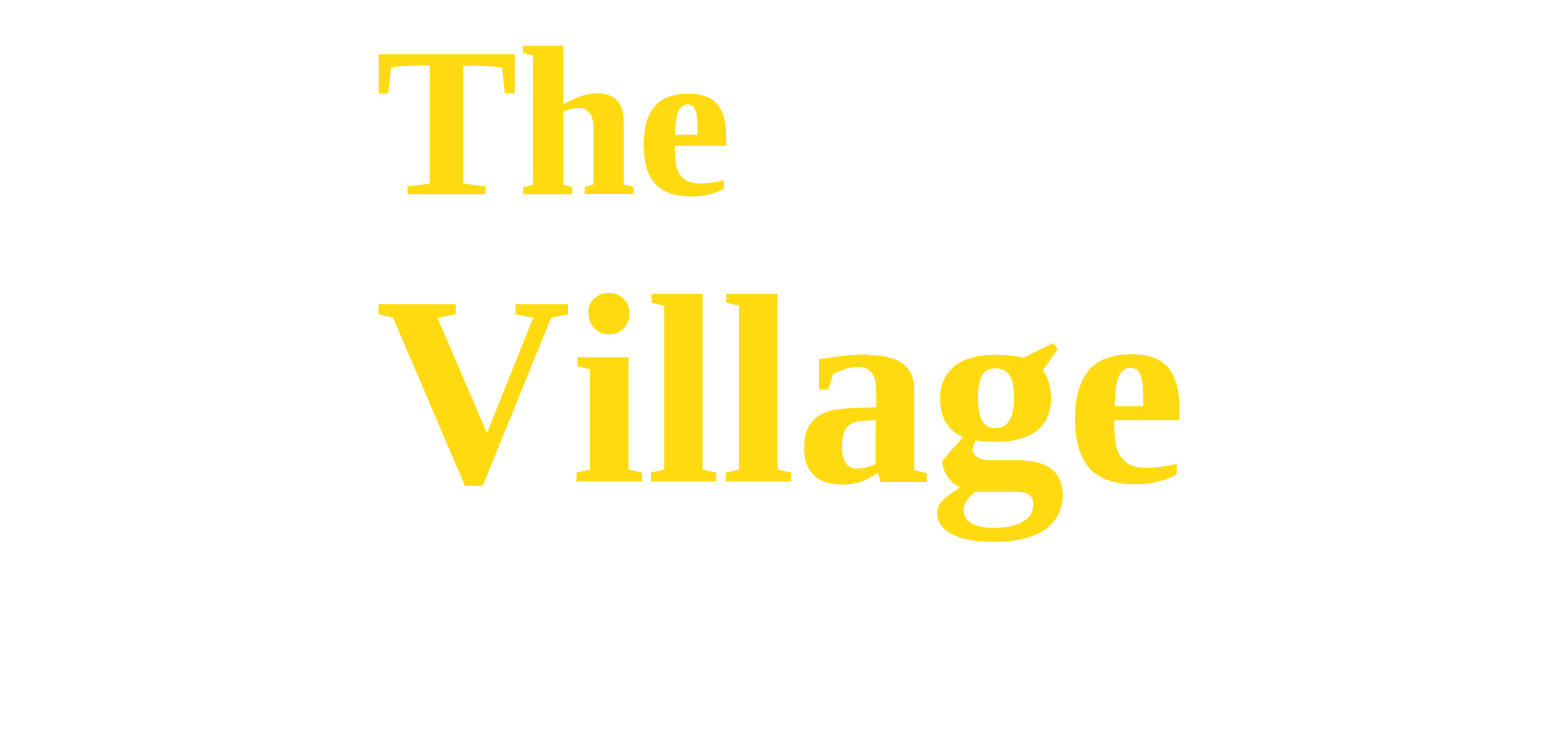Top Reasons Why People Lie On Dating Sites Kaspersky Official Blog
Additionally, 61% of all online daters say that they are scared of their data being stolen from their chosen dating site or app in a data breach. Many more concerns continue along the same vein with a similar portion of all users admitting their worries. Conversely, that is in the face of 70% of women said that they have never used a dating site. Female users and online daters, according to YouGov, only make up 27% of the population. While majorities across various demographic groups are more likely to describe their searches as easy, rather than difficult, there are some differences by gender.
It’s a meaningless figure that manifests itself in being literally overlooked at bars every Saturday night. For something that seems so minuscule to those not in the know, short-shaming still has the power to induce a towering amount of anxiety. This literal numbers game, and the psychological ripples it’s caused for a score of gay men under 5’10”, is a curse. Even when the person on the other end is also interested in dating, they can easily misrepresent themselves. A survey by conducted by security software makers Symantec found that lying about everything from age, height, relationship status, and income are extremely common.
This perception is fueled by sensationalistic cases like the Craigslist Killer and the false identities created by subjects on MTV’s Catfish. We tend to lie most about our appearance and least about our personality. Introverted or socially anxious people are more likely to be honest online about their “true selves.” Online dating often requires individuals to make themselves noticeable in a large pool of other daters who either accept or reject them based on quick assessments.
Divorce Rate & Statistics ( – How Many Marriages End In Divorce?
Meanwhile, women who have online dated in this time period are five times as likely as men to think they were sent too many messages (30% vs. 6%). A small share of Americans say they have been in a committed relationship with or married someone they met through a dating site or app. About one-in-ten U.S. adults say this (12%), though these shares are higher among LGB adults, as well as those ages 18 to 49. We speculated that from age 29 on–the point at which people in our culture tend to become sensitive about growing older–we might see some distinctive patterns in the distribution of ages . For men, a small spike appeared in the distribution at 32 and a large one at 36. The number of men calling themselves 36 was dramatically higher than the average frequency of men between the ages of 37 and 41.
But that doesn’t make these lies any more acceptable — especially because many daters keep using “butler lies” to avoid commitment. Proper etiquette on dating apps suggest one should use their real name on dating sites. There is nothing wrong with targeting people of a certain age but lying about is wrong and can even get you kicked off dating sites and apps . Research involving more than one million online dating profiles was partly financed by a grant from the National Science Foundation. Men admitted to lying about height, weight and physique in their top five lies — behind jobs and ahead of money — and women lied about weight, age, physique, and height, with money rounding out the top five. “The data suggest that mobile dating deceptions are strategic and relatively constrained.
Best For Finding People On The Same Page Politically And Socially
To address the first issue, there are many ways to meet people online—dating sites, chat rooms or forums, or social networking sites. These venues differ in terms of users’ intentions and opportunities for deception. The second issue—what individuals are most likely to lie about—can be divided into several categories, including physical appearance, education, relationship or job status, and issues related to personality traits and interests. Even as users of dating sites and apps generally rate their overall experiences positively, they also believe that certain negative behaviors are especially prevalent on these platforms. Across several measures, women are more likely than men to describe certain information as essential to glean from someone’s profile.
CMB’s slow and steady approach is great for singles who are rusty, a bit more introverted, or who simply don’t feel like scrolling every time they have a free minute. Every day, CMB offers seven of its best matches for you, chosen by your answers to prompts, who you said yes or no to in yesterday’s batch, and who have already expressed interest in you, too. A 2017 study cited in the MIT Technology Review found that people who meet online are more likely to be compatible and have a better chance at a healthy marriage if they decide to get hitched. Another study found that heterosexual couples who met online were quicker to tie the knot. These stats don’t take anything from correlation to causation, but they do make the case that people who sign up for dating sites that require thoughtful responses are in a better spot to settle down.
At the same time, half of Americans say online dating has had neither a positive nor negative effect on dating and relationships. Smaller shares say these platforms have had a mostly positive (22%) or mostly negative effect (26%). Among the public as a whole, women are far more likely than men to say dating sites and apps are not a safe way to meet people (53% vs. 39%). Views on this question also vary substantially by age, educational attainment and race and ethnicity.
The study also was authored by professors Namkee Park of the University of Oklahoma, Hayeon Song of the University of Wisconsin at Milwaukee and Michael Cody of the University of Southern California. The strongest predictor of lying wasn’t gender, but high self-monitoring, Hall said. Chances are he’s telling the truth if the site is geared toward long-term relationships. DatingReviewer is an advertising-supported site, and it contains sponsored facts.
Below, we look at the exact number of online dating users in the US between 2017 and the projected usage up to 2024. While the rate of growth slows down, we can see that over 7 years, from 2017, there are going to be an extra 10 million people using online dating platforms as a way to meet someone. Some 53% of Americans overall agree that dating sites and apps are a very or somewhat safe way to meet people, while a somewhat smaller share (46%) believe these platforms are a not too or not at all safe way of meeting people. Fewer online daters say someone via a dating site or app has threatened to physically harm them. Online daters widely believe that dishonesty is a pervasive issue on these platforms. A clear majority of online daters (71%) say it is very common for people on these platforms to lie about themselves to appear more desirable, while another 25% think it is somewhat common.
The same thing happens with women, in that conventionally attractive female visitors see five times as many messages as “medium” women, and 28 times as many as women judged unattractive do. To ensure that they stay safe online, there are a number of practices that both male users and female users can and do use. A large portion of men and women search their potential partner’s names online as well as looking at their social media profiles to ensure they are who they say they are. Worryingly, however, almost a quarter of all users do nothing at all to ensure that they are safe when they use online dating. Perhaps one of the less thought-about online dating statistics is how to stay safe while dating online.
Worryingly, 16% do nothing to protect themselves at all, because they do not see the risk. That being said, in some studies, it has been shown that around half the US population knows at least someone who is in a couple thanks to meeting their significant other online. With respect https://datingsitesreviews.net/hyesingles-review/ to your online data, it is imperative that you secure your networks and your devices. This means using strong passwords and password management systems to ensure that your devices cannot be hacked into. Other popular apps are Bumble with 19% of the market share and Hinge with 9%.
Similarly, these users are more likely to report receiving too few rather than too many of these messages (54% vs. 13%). For example, 61% of men who have online dated in the past five years say they did not receive enough messages from people they were interested in, compared with 44% of women who say this. But there are stark gender differences in the amount of attention users report receiving. Some 57% of men who have online dated in the past five years report that they did not receive enough messages, while just 6% state they received too many messages. Other sentiments are more evenly balanced between positive and negative feelings.

